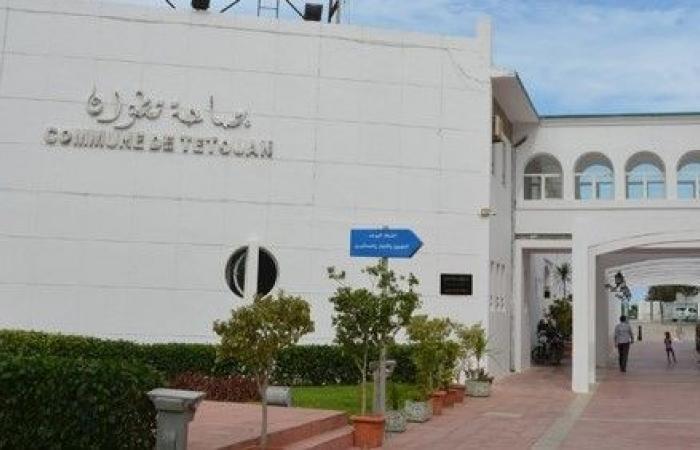Arrests continue following recordings recently presented by the wife of a judge to the King’s Attorney General, as part of a complaint for large-scale corruption. This complaint refers to the sale of judgments in Tetouan, a practice which raises questions about the integrity of certain judicial institutions. The situation has taken a serious turn and triggered a series of investigations which affect many local elected officials.
Among the people concerned, a member of the Municipal Council of Tetouan, who also chairs a commission within the same Council, and who is currently being prosecuted while at liberty by the financial crimes court in Rabat. Although he is not incarcerated, he is prohibited from leaving Moroccan territory, which underlines the seriousness of the accusations against him. Investigations continue, and the political opposition quickly reacted to the situation on alert, recognizing that the situation was extremely worrying.
The opposition within the Tetouan City Council took the initiative to denounce the scandals which are shaking local institutions. Initially, a city councilor is involved in a drug trafficking case, while another elected official is accused of influence peddling and selling fictitious positions in the public service. The latter is also involved in multiple scandals which have emerged, notably with a first advisor suspected of falsification of official documents, and with a second in an embezzlement of several million dirhams in a bank branch, and finally with a last advisor accused of corruption in connection with judges.
According to media reports, the opposition is calling for a rapid reaction from the president of the Municipal Council. It requires the establishment of a “internal ethics charter” which would clearly define the principles and standards that elected officials must follow in the exercise of their functions. This charter would aim to establish a framework of transparency and integrity, in line with the royal guidelines aimed at strengthening the regulation and governance of political and public institutions in Morocco. It presents itself as a necessary response to counter the abuses observed.
On the other hand, the majority parties react by emphasizing that the personal affairs of certain elected officials, which are not directly linked to the management of the Council, should not be confused with institutional work. They insist that these scandals concern private activities unrelated to the management of the city budget or local affairs. But this stance is far from calming tensions, and pressure remains high on leaders to take concrete steps to restore public confidence in local institutions.






